The Role of an Inclusivity Officer
Who am I?
• Master’s linguistics student
• Autism, ADHD, Dysgraphia, Sensory Processing Disorder, Hard of Hearing, Keratoconus.
• Run accessibility training for the SU

• Master’s linguistics student
• Autism, ADHD, Dysgraphia, Sensory Processing Disorder, Hard of Hearing, Keratoconus.
• Run accessibility training for the SU
• Do not be afraid!
• It’s far better to ask a question and get the words slightly wrong than to leave with unanswered questions.
• What an inclusivity officer does
• The importance of an inclusivity officer
• Ways to make your society more accessible
• Serendipity specifics
o Quiet rooms
o Quiet hours
1. We don’t have any disabled people in our society
• An inclusivity officer is not just there for disabled people. They are there for anyone who needs it:
o Women
o LGBT members
o people with mental health conditions
o mature students
o international students
o anyone else who may need it
Part 2: We don’t have any disabled people in our society
• The UK parliament estimates that 70-80% of disabilities are hidden. You might well not know which of your members or prospective members are disabled.
• Proactive vs reactive accessibility and inclusivity
2. Well, I think we already do a pretty good job
Just because you are not aware of the ways in which your society can be made more inclusive and accessible does not mean that your society has nothing to improve.
Every society will have issues. If you can’t see them, it just means that you’re fortunate enough to not be affected by them.
o E.g. If you’re not deaf it mightn’t occur to you that the videos that your society puts out need captions.
You don’t know what you don’t know.
3. That’s woke
• The idea that everyone being able to access a society or club with equal ease is bad comes from people who don’t understand that not everyone has it as easy as them in life
• If you’re not aware of the issues that other groups face you can easily assume that everyone experiences the world like you do; adjustments for other people can therefore seem like they’re getting an unfair advantage.
Why
4. We do sport at a high level- that will decrease if we have to let everyone in.
• No one is saying that you can’t require a certain level of ability for people to be on your sports team.
• An inclusivity officer can make sure that everyone who is at that level gets an equal chance to try out.
o E.g. Autistic ice-hockey player. Really good at ice-hockey but terrified of going to try-outs because s/he knows the reputation of ice-hockey teams and their initiations, and he's petrified of what might happen to s/he or what s/he might be made to do.
o Throw the ball at the target
o All the time you couldn’t see the other person’s target. It seemed unfair that I moved their target a lot closer.
o But once you turned around you could see that your targets are now the same distance apart
o Try and think of things from other people’s perspective
• Make your society as inclusive and accessible as possible.
o Making sure that the buildings and rooms you use are wheelchair accessible
o Making sure that people feel safe leaving your socials in the eveningsE.g. offering a walking bus to Ffriddoedd
o Make your society as inclusive and accessible as possible.
• Helping new members to feel settled and welcome in your society
o E.g. running a quieter social just for new members
o Messaging new members to invite them to training or society meetings, so they feel less anxious about going.
• Going out of your way to include people rather than just sitting and chatting with your friends.
• Ensuring that your society or club offers a range of socials- not just loud busy pubs.
o Even if you tell your members that they are not obliged to drink, there will be people who cannot cope with being in a pub, whether that’s because of history of addiction, sensory issues with it being too loud or crowded, anxiety, or whatever else.
• Making sure that posts announcing socials or weekly meetings are accessible- more on this later
• Making sure that information is put out about the accessibility of your society so that people know they can attend and will be welcome there.
• Ensuring that your society puts information out by email, as well as social media- as not everyone has social media
• Making an effort to include mature students and international students in every part of the society.
• Making sure that deaf and HoH people can get as much out of your society as possible
• Making sure that bling and visually impaired people can get as much out of your society as possible
• Updating members if anything changes with regard to your accessibility
• Making an accessibility guide for your society
• an inclusivity officer isn’t just a cute little extra.
• It’s an integral part of your committee, with the same workload as a treasurer or a secretary.
• It’s not just a box to tick. If done well, the role can really improve people’s experience if your society or club, and in some cases, whether they get to experience your society or club at all.
• Reactive accessibility: We will wait for a disabled person to tell us about the problems they are experiencing with our system and then try and find a solution
o E.g There’s a step outside the room where you meet so I can’t get in in a wheelchair
• Proactive accessibility: We will think ahead to make sure that our system doesn’t cause problems for disabled people.
o Before we started meeting for the year, we found a room with step free access so that anyone in a wheelchair could join if they wanted
• Disabled people often have to do rigorous planning in order to make sure that a meeting/social/event is accessible to them.
• One of the most freeing things is knowing that a place is completely accessible so that you can decide to turn up spontaneously if you want.
o E.g. Deciding to go out to a restaurant and just being able to go, rather than having to spend time phoning round different places to find one which is wheelchair accessible.
o Knowing in advance what activities the society has planned so you don’t have to spend hours mentally preparing for the unknown
• "Hi guys, we were thinking that we might meet up at Skerries later this evening”
• Now let's look at some potential problems:
1. You haven't said whether you are meeting there or not so I don’t know if there will be anyone there if I turn up
2. I don’t know where Skerries is and I'm worried about turning up to the wrong place
3. I don't know if Skerries is wheelchair accessible
4. You haven't said what you'll be doing, the uncertainty makes me anxious
5. I don't drink, I don't want to be made to drink.
6. I don't know how long it will last, or if I'll be allowed to leave early
7. I can't cope in loud and busy environments, what if it's really crowded and loud
8. I'm worried about getting home by myself late at night
9. I don't really know anyone at the club, what if no one speaks to me
10.What if people mock me for my disability
11.I don't know what to do when I arrive, where will they be, where do I go?
12.I'm too nervous to walk in by myself
• Now HOP!
• As you can see, all these extra uncertainties and stresses make it much harder for someone to attend a society.
• Now, let’s make this announcement a bit more accessible
Announcements, made accessible
Hi guys, we will be�� meeting in The Skerries at 7pm�� this evening to have a relaxed evening chatting together��. Skerries is a pub at the end of the high street near the pier [insert address]�� Some people will be drinking but you don't have to drink if you don't want to��. Skerries is a small pub and it should be fairly quiet��. It’s wheelchair accessible��. We will be there until about 11pm but you can leave at any point��. If anyone needs help getting there we will be meeting outside bar uno on ffriddoedd village at 6:30 and you can walk down with us��. When you get to Skerries we will be sat at one of the tables by the windows��. If you're worried about getting home afterwards we can arrange for someone to walk back with you to Ffridd, St Mary's, or the high street��. We're a friendly society and we'd love to get to know you. If you have any questions, you can contact our inclusivity officer [insert name] on/at: ��
• All the same principles we’ve just covered for making an accessible social announcement can be applied to the announcements for your weekly meetings.
• Some things to remember
o Do an announcement every week, so that people know that you are definitely meeting that week
o Give a quick overview of what will be happening in the session so that people can prepare
o Put your announcements out via email as well as social media.
o Include a contact for the inclusivity officer so that people can ask any questions they may have before coming along
• Making your society accessible and inclusive isn’t just about doing the minimum so that people can come along.
• All the different faces and voices you have in your society have a lot to contribute
• E.g. The autistic ice-hockey player from our earlier analogy.
• If you want to create an inclusive atmosphere, you need lots of individual examples of accessibility/accessible features
o E.g. I run an “inclusive café”-
o I have menus with braille on
o I can dim the lighting if people need
o I have allergens clearly labelled and allergy friendly food
o I have full wheelchair access and tables which can fit wheelchairs
o I have an accessible bathroom
o I have a place outside for guide dogs to use the bathroom.
• If something isn’t accessible for everyone then it isn’t inclusive
• Serendipity will have a number of accessibility features which you need to know
o A quiet room
o A quiet hour
o A sticker system
• A quiet hour is an hour when serendipity will be much quieter and calmer
• Not everyone can go to serendipity in the usual very busy times
o CEV (clinically extremely vulnerable)
o Hard of Hearing/Deaf
o Wheelchair users
o Autistic
o Anxiety
o Mental health
• On the following slides you will see a statement
• There will be 3 possible answers
• A- stand on the left of the room
• B- stand on the right of the room
• C- come to the front
A. Yes
B. Yes, but only if it’s played quietly
C. No
A. Yes
B. Yes, but only if it’s played quietly
C. No
A. No
B. Yes
C. Yes, as long as you’re not in anyone’s way
A. No
B. Yes
C. Yes, as long as you’re not in anyone’s way
Can I come to the quiet hour if I’m not disabled?
A. No, it’s not for you
B. Yes absolutely, but if you don’t need it try and leave space for those who do
C. Yes, it’s just like a normal hour but a but quieter
Can I come to the quiet hour if I’m not disabled?
A. No, it’s not for you
B. Yes absolutely, but if you don’t need it try and leave space for those who do
C. Yes, it’s just like a normal hour but a but quieter
A. Yes, there aren’t many people there anyway
B. No, disabled people deserve to have the same level of effort put into their experience as everyone else
C. No, but it’s fine if you’re not fully set up then
A. Yes, there aren’t many people there anyway
B. No, disabled people deserve to have the same level of effort put into their experience as everyone else
C. No, but it’s fine if you’re not fully set up then
Do I need to remind people to be quiet in the quiet hour?
A. No, there are people from the SU who will do that
B. Yes, one person per stall should be in charge of keeping it quiet
C. Yes, if it gets too loud near you then politely remind people to be quiet
Do I need to remind people to be quiet in the quiet hour?
A. No, there are people from the SU who will do that
B. Yes, one person per stall should be in charge of keeping it quiet
C. Yes, if it gets too loud near you then politely remind people to be quiet
• Announcements 30, 10, and 1 minute before it starts
• Turn off your music
• Don’t shout
• Lights will be dimmed
• Don’t play with sports equipment
• Reduce the sensory level of your stall
o Fewer people
o Less clutter
o Reduce strong smells
• A quiet room is a purposefully designed room away from the main hall where people can go if they need a quiet space
• It is not
o Somewhere to make phone calls
o A hangout room
o A place to just kill time
• Available all day at serendipity
• In one of the squash courts
• Accessible from the side of the hall
• Should have
o Seating
o Fidget toys
o Table
• At serendipity there will be a sticker system
Dark blue Triangle
Do not wish to interact, let me look at the stall without conversation, do not ask to help
Yellow Square Only talk to me if I approach you first
Lavend er Circle Happy to talk and be approached
• How many of the sports clubs at Bangor are accessible to wheelchair users?
• How many sports clubs publish information on autism accessibility?
• How many sports clubs publish any information on their accessibility?
• Does the SU currently publish any information on the accessibility of its sports clubs and sports facilities?
o Especially important now that fees are being introduced
• “I cannot say for certain as I’ve never felt comfortable enough to approach any sports clubs and they’ve never advertised any opportunities or been outwardly open to the idea of disabled people joining”
• “I’m sure some of them are probably friendly and accommodating but it’s intimidating when there is no evidence that they’ll take you seriously/be friendly”
• Counterintuitive?
• The reality of the accessibility situation will not change if you tell us what you don’t have.
• Give a full, accurate picture of the accessibility situation
• It allows us to conserve our energy and better plan what we go to, so we don’t end up turning up to things which we can’t properly experience or attend.
• Reality vs Optics
• One stop shop for accessibility information about serendipity
• Introduction to what your society is
• Explain the sport/the society
• When and where you meet
• How to get there (via public transport, on foot/wheelchair, or in a car)
• How many people in a typical session
• What time do you meet?
• Where do you meet?
• How do I get there (walking and public transport directions?
• Is there accessible parking nearby?
• Is there an accessible toilet in the building?
• Is there a hearing loop in the building?
• Is your meeting place wheelchair accessible?
• Do I have to come to ever session?
• Do I have to stay for the full duration of a session?
• What happens in a typical session?
• How many people do you usually have in a session?
• Can I bring food with me?
• Are you able to accommodate people with severe food allergies?
• Do I have to pay to attend?
• Is there any equipment I need to buy before joining?
• Is your society welcoming of disabled people?
• Is your society welcoming of autistic people?
• Are your socials wheelchair accessible?
• Are your socials autism accessible?
• How can I get in contact with you?
• How will you contact me as a member?
• How can I join the society?
• What do I need to bring with me when I come?
• Not every committee member for your society is here today
• You need to tell the rest of your committee about what you have learnt today, so they are all aware
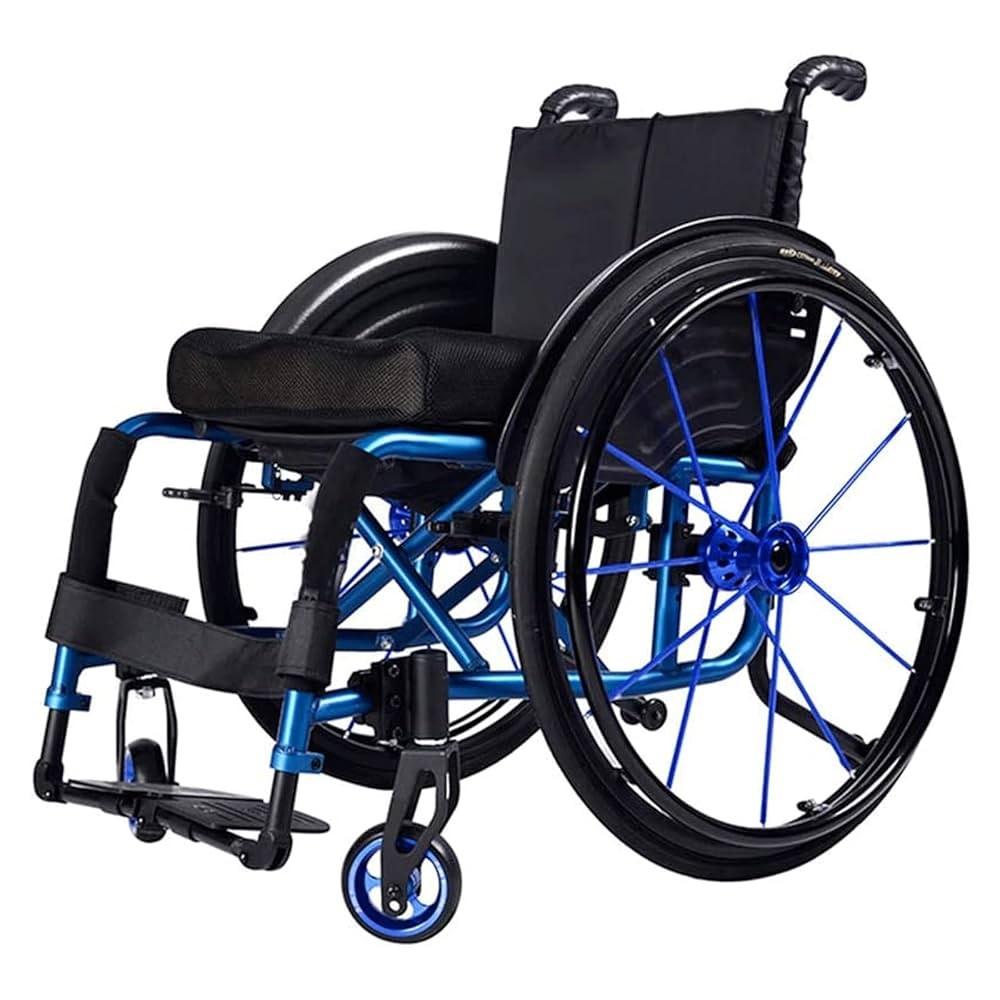
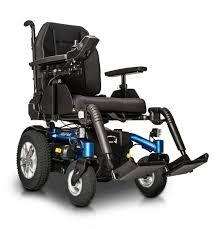
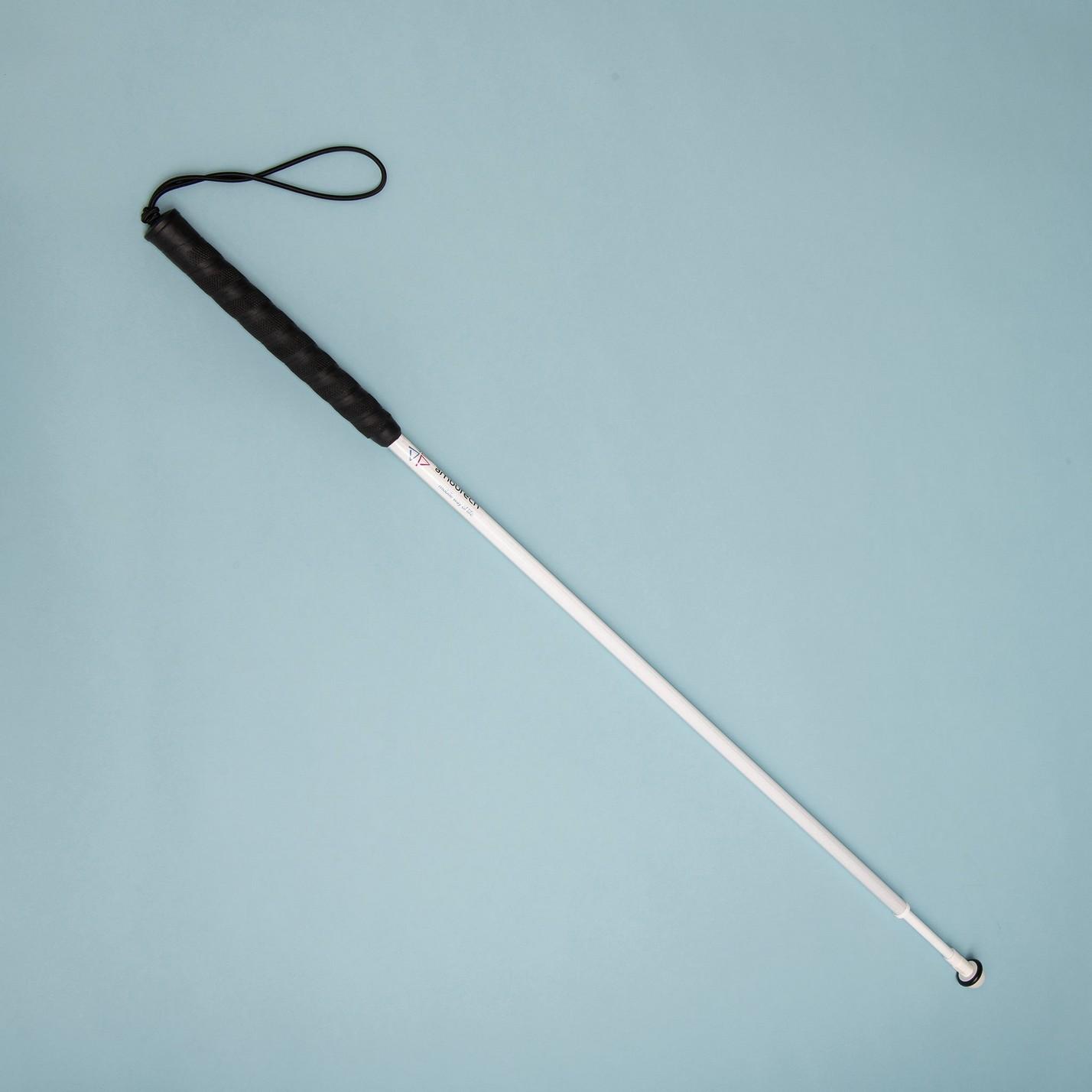
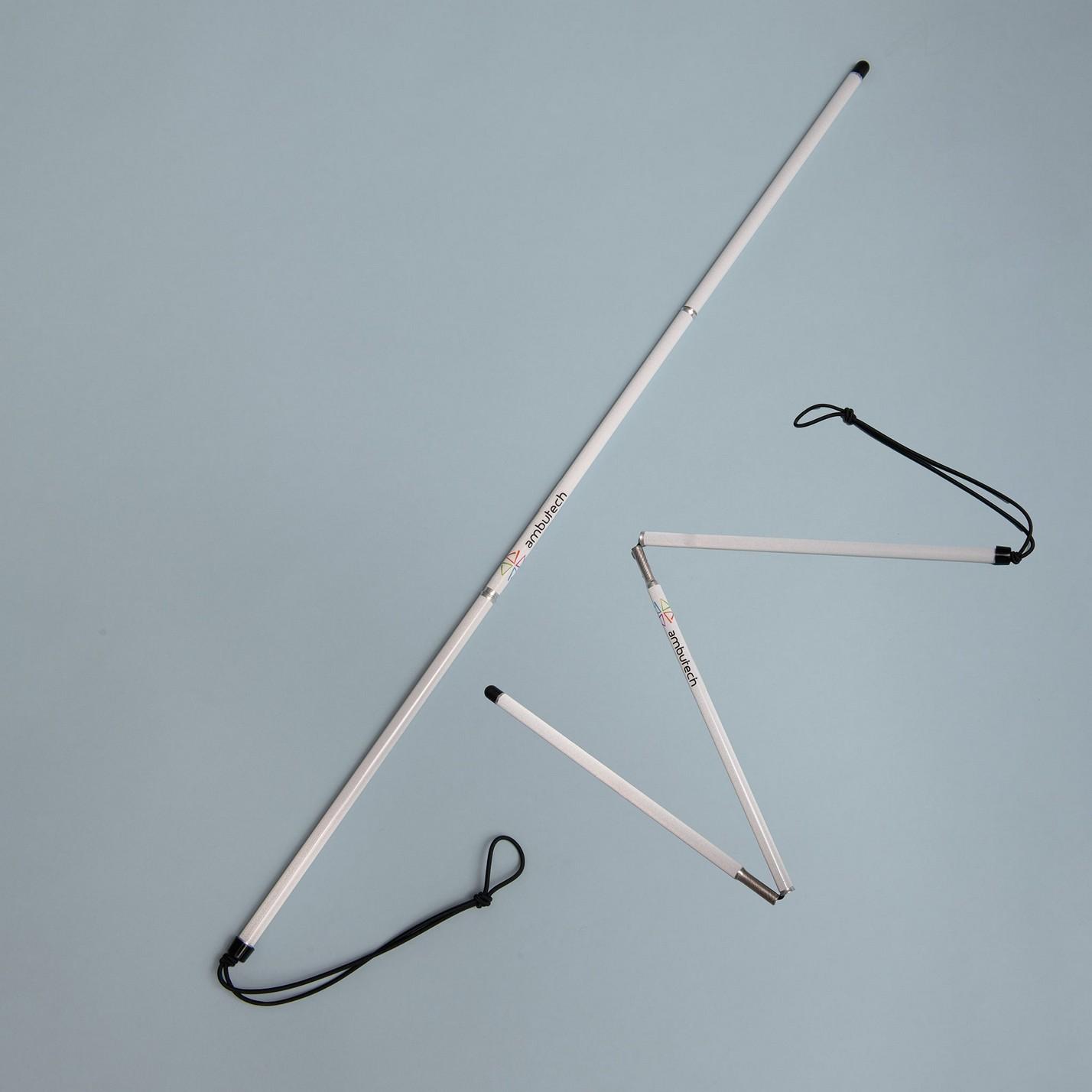
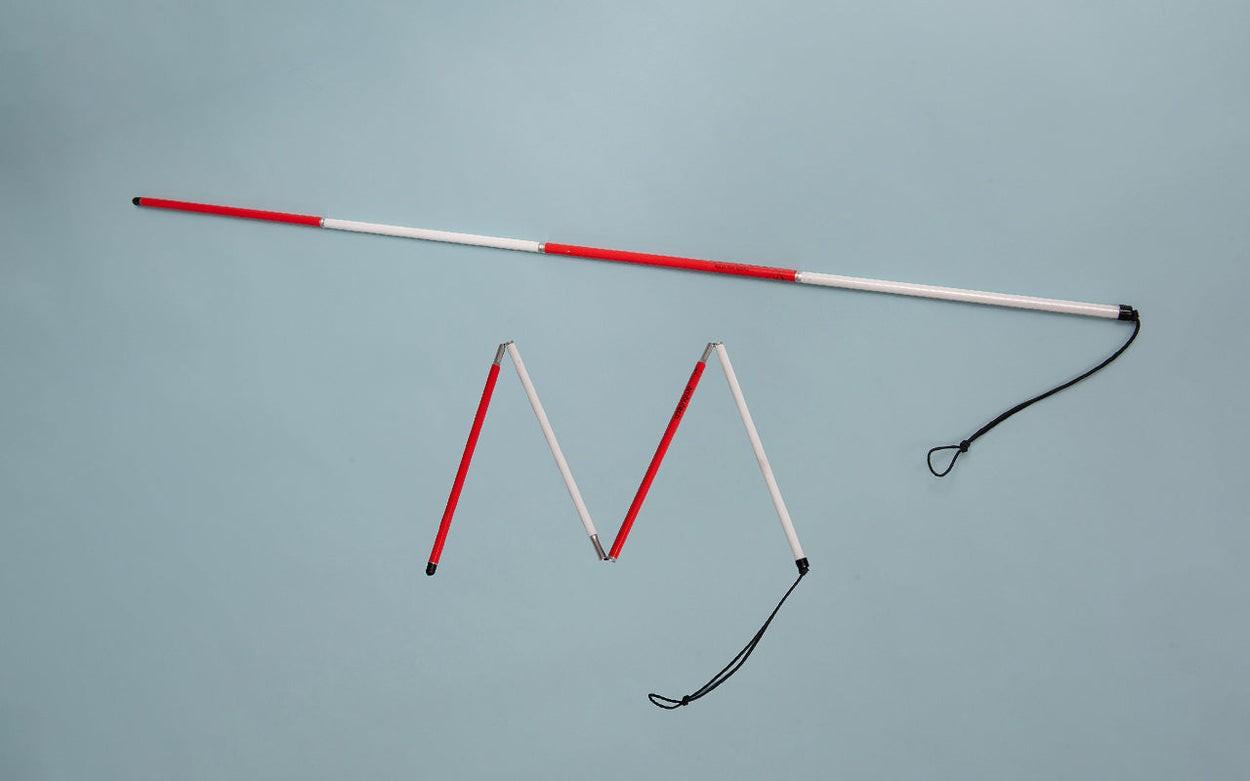

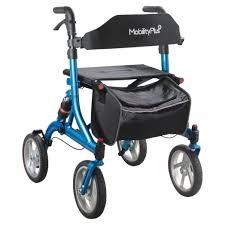
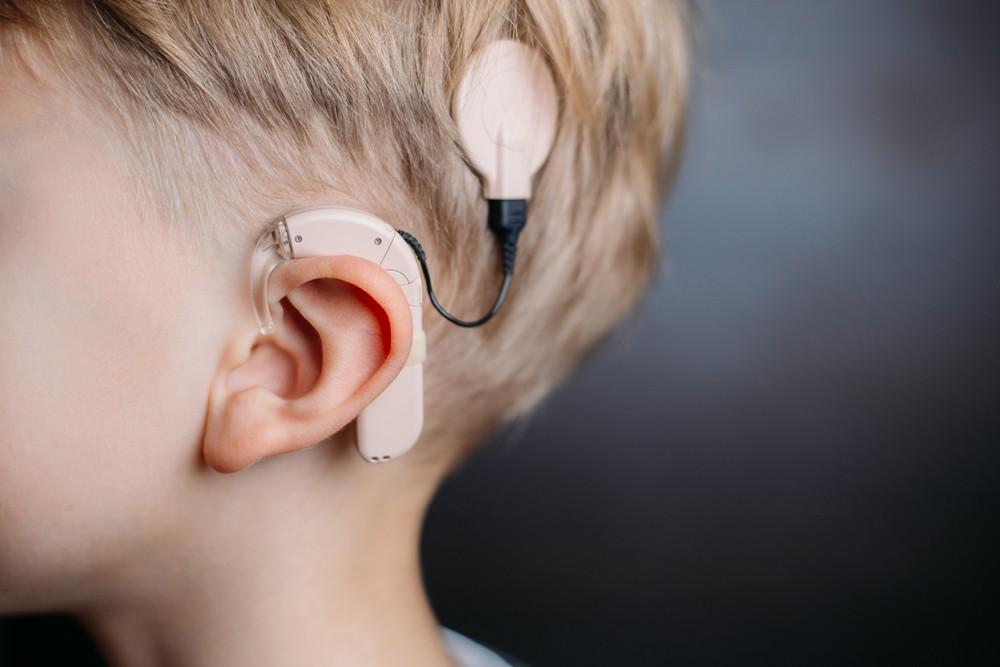
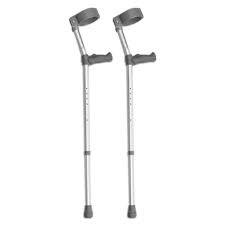
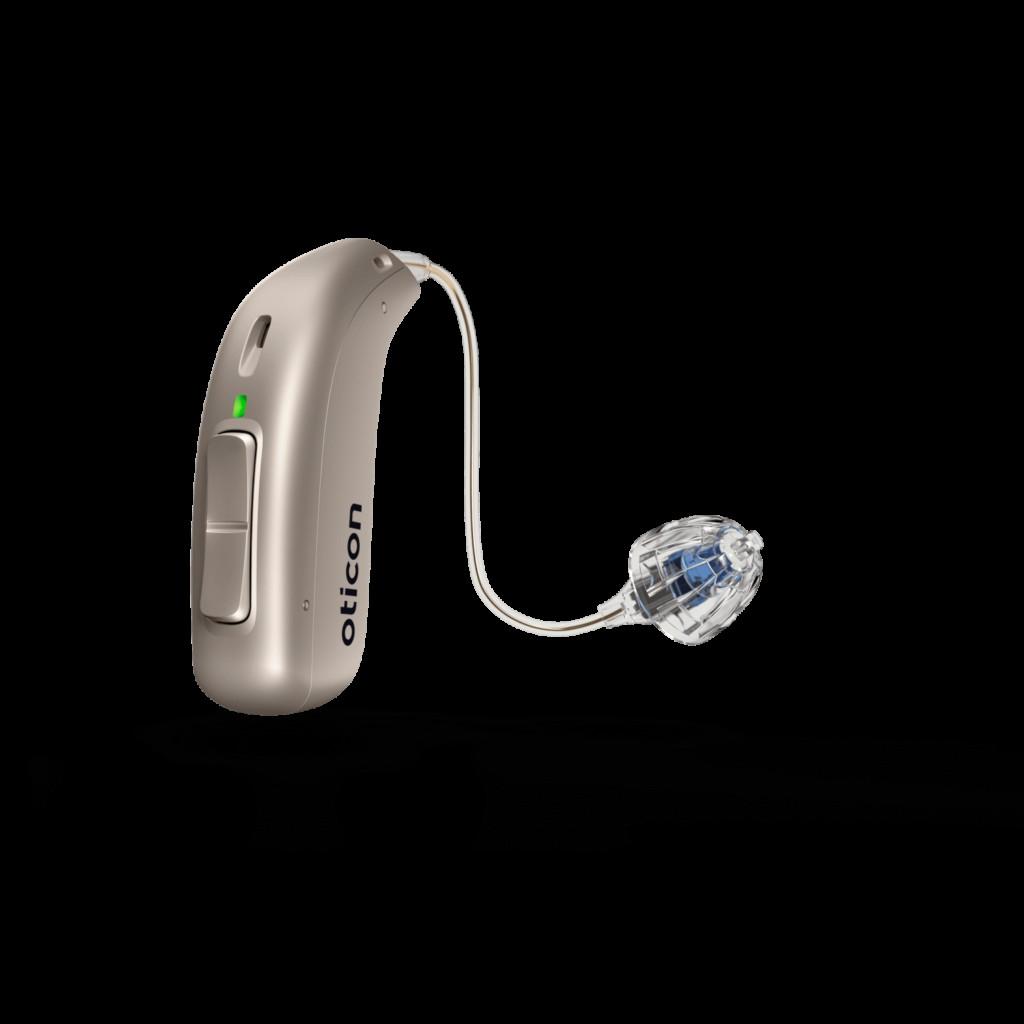
• Do not touch someone’s disability aids without their permission
o They are medical equipment, not toys
• Do not push someone’s wheelchair if they haven’t asked you to
• Do not pet or distract an assistence dog which is working
• Speak directly to the disabled person, not the people with them
• Don’t infantilise disabled people
jms20bky@bangor.ac.uk